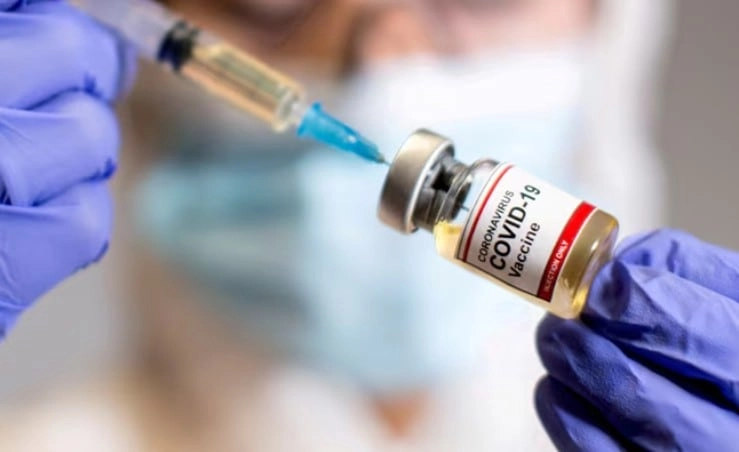In a troubling incident from Georgia, a man attributed his struggles with depression and suicidal thoughts to the COVID-19 vaccine. This case highlights the complex relationship between mental health and vaccine perceptions, particularly in an era marked by widespread misinformation and public fear surrounding the pandemic. In a society already grappling with the mental health crisis exacerbated by the stress of COVID-19, such claims can resonate deeply with individuals who are experiencing similar feelings of despair, confusion, and isolation.
The individual in question reported a significant decline in his mental health following vaccination, suggesting that the vaccine was to blame for his psychological state. This claim underscores the growing phenomenon where individuals link their health issues, particularly mental health challenges, to the vaccine, often fueled by misinformation circulating on social media and other platforms. While vaccines have been proven to be safe and effective, the spread of negative narratives can lead to fear and anxiety among the public, exacerbating mental health issues rather than alleviating them.
Moreover, the interplay between mental health and public health initiatives becomes increasingly critical to address. Mental health professionals have noted that many individuals may feel overwhelmed by the rapid changes and uncertainties brought about by the pandemic, leading them to seek scapegoats for their distress. It is essential for healthcare providers, policymakers, and communities to create supportive environments that foster open dialogues about mental health while also promoting accurate information regarding vaccines. Addressing both physical and mental health in tandem can help mitigate the impact of such distressing narratives and encourage individuals to seek help rather than resort to harmful conclusions about their well-being.
This incident reminds us of the importance of mental health awareness and the need for comprehensive support systems, especially during challenging times. As society continues to navigate the aftermath of the pandemic, it is crucial to prioritize mental health resources, educate the public about the safety and efficacy of vaccines, and cultivate an environment where individuals can express their concerns without fear of stigma. Effective communication and community support are vital in helping individuals cope with their experiences and reducing the stigma often associated with mental health issues.




